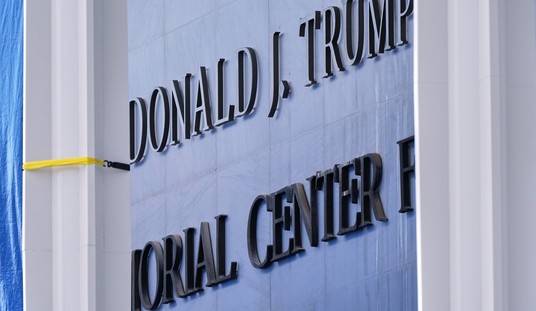A Senior US District Judge wrote on his blog “It is time to tell Congress to go to hell” and suggested that there may be a war brewing between the two branches of government over lack of funding.
Judge Richard Kopf, who sits in Lincoln, Nebraska, vented about the difficulties being faced by the court system, including the slowing of justice for those petitioning the court for relief.
“Given the loss of employees already suffered by the judiciary on account of the sequester and otherwise, why shouldn’t every remaining employee of every federal district court (including [federal public defenders]) be declared ‘essential?’” the judge asked.
“Such an order would set up an inter-branch dispute worth having….[Congress] could do nothing, in which event Congress loses its ability to destroy the judiciary [by] failing to pass a budget. Or, Congress could go batshit and the judiciary and Congress could have it out,” he said.
Such exasperation is even creeping into judicial rulings.
When lawyers for the House urged Judge Amy Berman Jackson to keep a case demanding Operation Fast and Furious-related records from Attorney General Eric Holder moving forward during the shutdown, the judge said lawmakers could cool their heels, just like others with claims pending against the government.
“While the vast majority of litigants who now must endure a delay in the progress of their matters do so due to circumstances beyond their control, that cannot be said of the House of Representatives, which has played a role in the shutdown that prompted the stay motion,” Jackson wrote.
Even before the shutdown, the judiciary shed nearly 2,700 support staff positions over the past two years. Funding for drug testing and electronic monitoring of pre-trial detainees had also been slashed by 20 percent, and federal defenders were under orders to take about 15 days of unpaid furlough in the past year.
The cuts have caused delays in criminal and civil cases. Even the posting of judge’s orders has slowed, with many federal court clerk’s offices looking largely empty compared with a few years ago.
Sequestration cut $350 million, or about 5 percent, from the judiciary’s budget in the past fiscal year, bringing it to about $6.6 billion annually.
Judges themselves are effectively exempt from furlough because the Constitution says their salaries — currently $174,000 for district court judges — cannot be reduced.
For the past two weeks, the federal courts have essentially operated on fumes, using funds from filing fees and so-called no-year appropriations to pay salaries and keep the lights on. Court budget personnel now predict that money will run out on Thursday or Friday of this week. After that, work deemed essential will continue, but there will be no way to pay employees, contractors or utilities until Congress passes legislation including temporary or year-long funding.
This is not the first time that complaints from judges have bubbled up in the press. In August, 87 federal court judges sent a letter to Congress warning of “devastating” consequences if funds weren’t restored. As with much of the sequestration it’s difficult to tell how much real pain is being inflicted or how much unwillingness there is to prioritize and budget intelligently.
Regardless, it appears that the situation is coming to a head this week, which will only add pressure to re-open the government and reform sequestration to mitigate some of its effects on unintended targets.










Join the conversation as a VIP Member